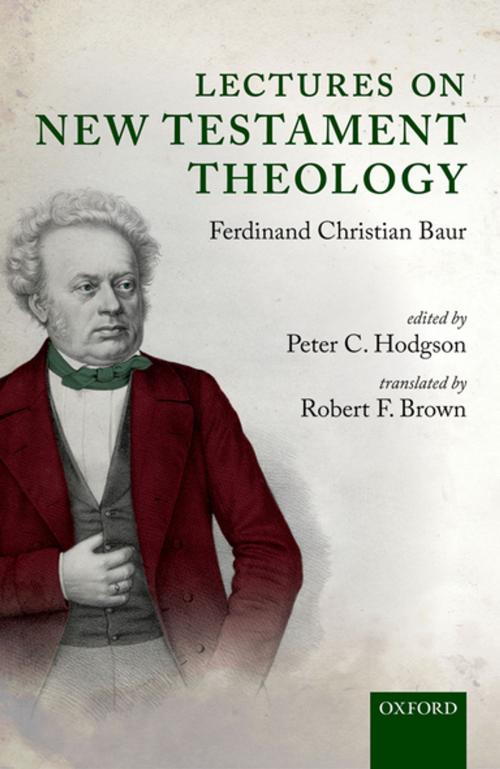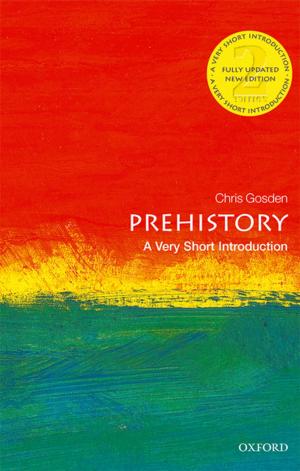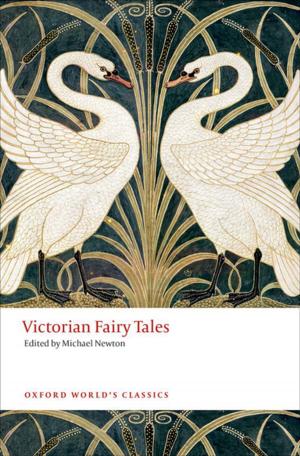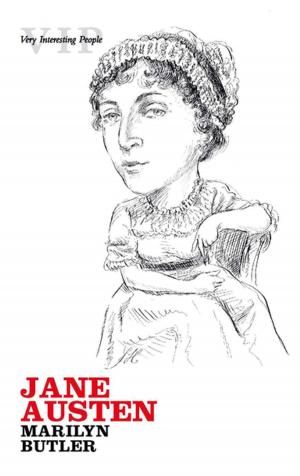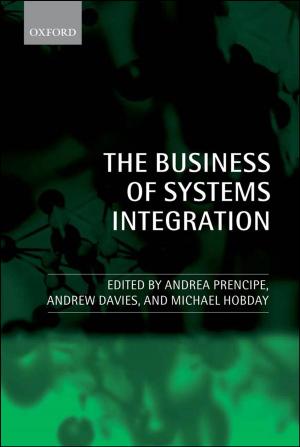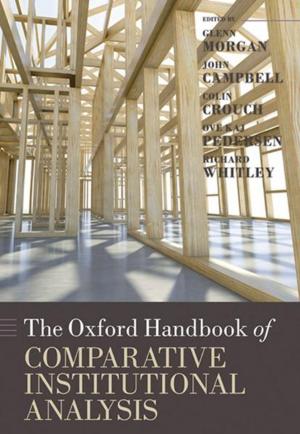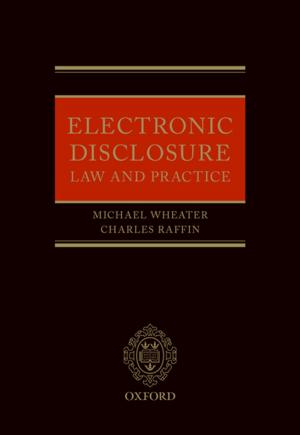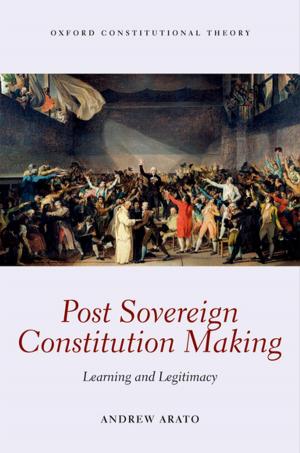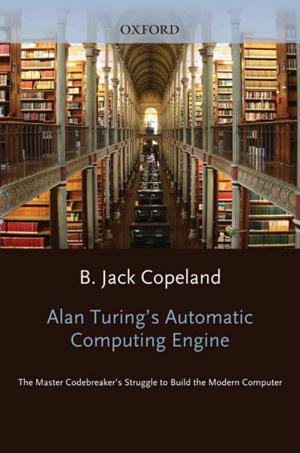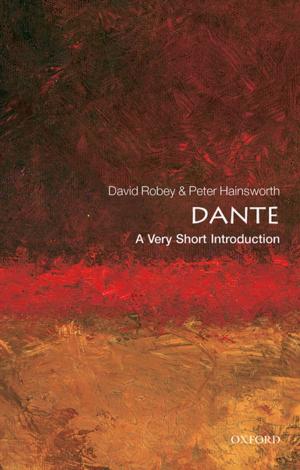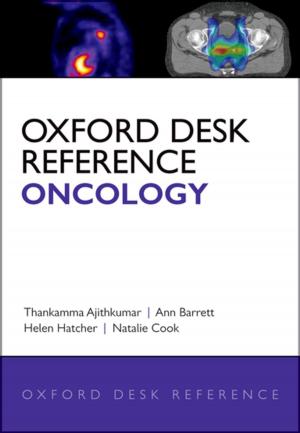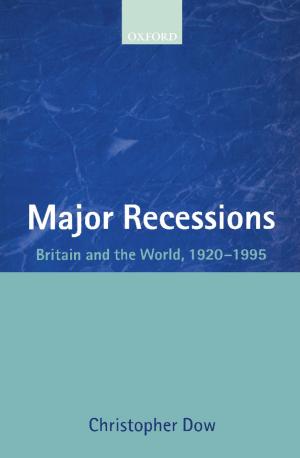Lectures on New Testament Theology
by Ferdinand Christian Baur
Nonfiction, Religion & Spirituality, Theology, Christianity| Author: | ISBN: | 9780191069093 | |
| Publisher: | OUP Oxford | Publication: | March 24, 2016 |
| Imprint: | OUP Oxford | Language: | English |
| Author: | |
| ISBN: | 9780191069093 |
| Publisher: | OUP Oxford |
| Publication: | March 24, 2016 |
| Imprint: | OUP Oxford |
| Language: | English |
Ferdinand Christian Baur (1792-1860), one of the great innovators in the study of the New Testament, argued that each of its books reflects the interests and tendencies of its author in a particular religio-historical milieu. A critique of the writings must precede any judgments about the historical validity of individual stories about Jesus in the Gospels. Thus Baur could move beyond the impasse created by Strauss's Life of Jesus. Baur demonstrated that the Gospel of John is not a historical document comparable to the Synoptic Gospels and cannot be used to reconstruct the teaching of Jesus, and that the Synoptic Gospels must be read critically and selectively. He applied the same principles to the Epistles, arguing that only four are genuinely Pauline (Galatians, 1 and 2 Corinthians, and Romans). Baur's Lectures on New Testament Theology, delivered in Tübingen during the 1850s, summarize thirty years of his research. The lectures begin with an Introduction on the concept, history, and organization of New Testament theology. Part One is devoted to the teaching of Jesus, which Baur finds most reliably in Matthew. Part Two contains the teaching of the Apostles in three chronological periods. The first period presents the theological frameworks of the Apostle Paul and the Book of Revelation; the second period, the frameworks of Hebrews, the Deutero-Pauline Epistles, James and Peter, the Synoptic Gospels and Acts; and the third period, those of the Pastoral Epistles and the Gospel of John.
Ferdinand Christian Baur (1792-1860), one of the great innovators in the study of the New Testament, argued that each of its books reflects the interests and tendencies of its author in a particular religio-historical milieu. A critique of the writings must precede any judgments about the historical validity of individual stories about Jesus in the Gospels. Thus Baur could move beyond the impasse created by Strauss's Life of Jesus. Baur demonstrated that the Gospel of John is not a historical document comparable to the Synoptic Gospels and cannot be used to reconstruct the teaching of Jesus, and that the Synoptic Gospels must be read critically and selectively. He applied the same principles to the Epistles, arguing that only four are genuinely Pauline (Galatians, 1 and 2 Corinthians, and Romans). Baur's Lectures on New Testament Theology, delivered in Tübingen during the 1850s, summarize thirty years of his research. The lectures begin with an Introduction on the concept, history, and organization of New Testament theology. Part One is devoted to the teaching of Jesus, which Baur finds most reliably in Matthew. Part Two contains the teaching of the Apostles in three chronological periods. The first period presents the theological frameworks of the Apostle Paul and the Book of Revelation; the second period, the frameworks of Hebrews, the Deutero-Pauline Epistles, James and Peter, the Synoptic Gospels and Acts; and the third period, those of the Pastoral Epistles and the Gospel of John.
